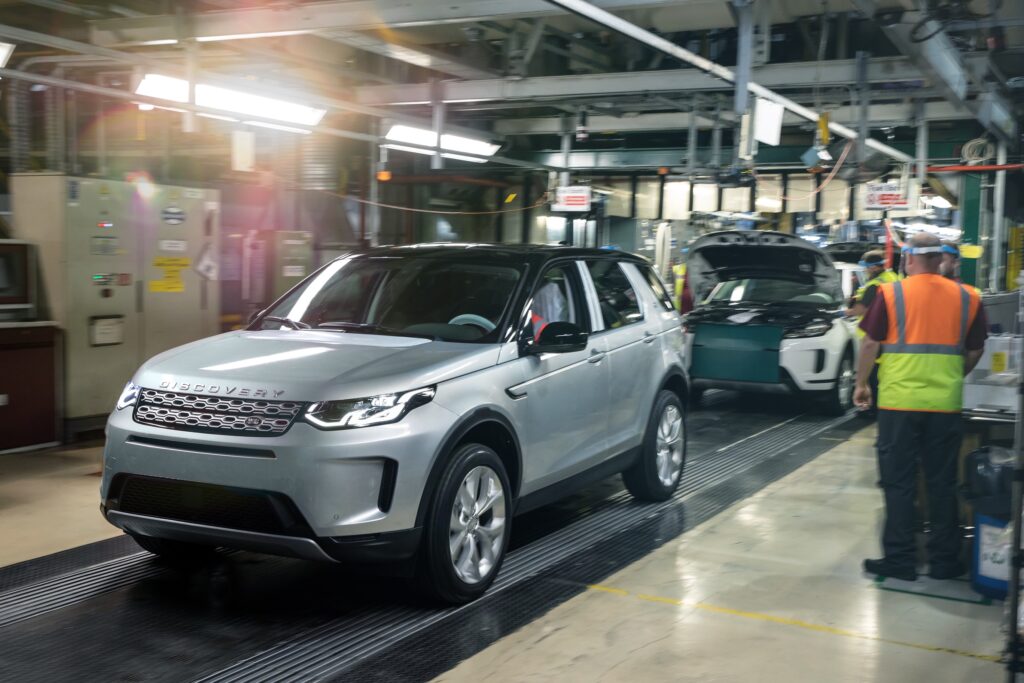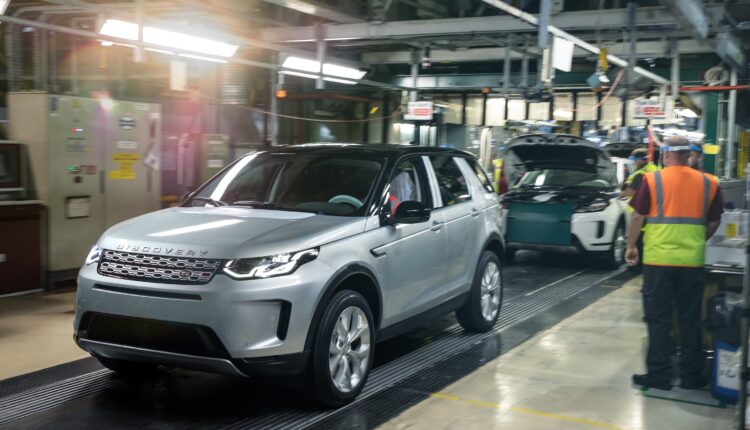A global shortage of semiconductor computer chips has caused shutdowns at the Jaguar Land Rover factory in Halewood – but an end to the problem is now in sight. Tony McDonough reports

Carmaker Jaguar Land Rover (JLR) has suffered huge disruption at its factory in Halewood in Merseyside due to a global shortage of computer chips but a resolution may be close.
JLR employs around 3,700 people at the plant assembling the Land Rover Discovery Sport and Range Rover Evoque models. But as recently as late October there was a week-long production shutdown, and it wasn’t the first.
The company has suffered similar issues at its other UK factories in the West Midlands and at facilities around the world. Other auto makers are also suffering. Stellantis, which owns the Vauxhall plant at Ellesmere Port, has also seen significant slowdown in production.
Last week JLR reported a fall in quarterly sales and a £302m pre-tax loss, blaming the ongoing global shortage in the chips. It says global demand for its products remains strong but that the chip shortage meant it was not able to ship enough cars out. In the summer it was reported the waiting list for company cars could be up to a year long.
Digital systems in vehicles control everything from engine management, driver aids including satnavs, to on-board cameras and radio and communications devices. But this dependence on tech has created a new crisis for the automotive sector when it is still trying to recover from the COVID-19 pandemic.
At the start of the pandemic in early 2020 chip factories, particularly in the Far East in countries such as Taiwan, the pandemic caused factories to shut down production. At first this wasn’t so much of an issue as a decline in orders from manufacturers eased the pressure on demand.
However, as more and more people were sent home to work the demand for laptop computers and other tech for the home began to soar. Demand for semiconductor chips suddenly picked up and the industry was unable to meet it. A fire at a Japanese factory making semiconductors for the car industry has worsened the shortage.
In the short term JLR says the semiconductor shortage remains “dynamic” and difficult to forecast. However, it says it expects to see a gradual recovery starting in the second half of its fiscal year in 2022.
The company says it is now working more closely with semiconductor and tier one suppliers to address the shortage. In a statement it said: “While supply remains constrained, the company will continue to take mitigating actions.”
It added these included “prioritising the production of higher margin vehicles for the available supply of semiconductors and closely managing costs to bring down the break-even point for the business”.
Thierry Bollore, JLR’s chief executive, said: “The global semi-conductor shortage remains challenging but I’m pleased to see the actions we have been implementing reduce the impact. With strong customer demand with a record order book we are well placed to return to strong financial performance as semiconductor supply begins to improve.”

